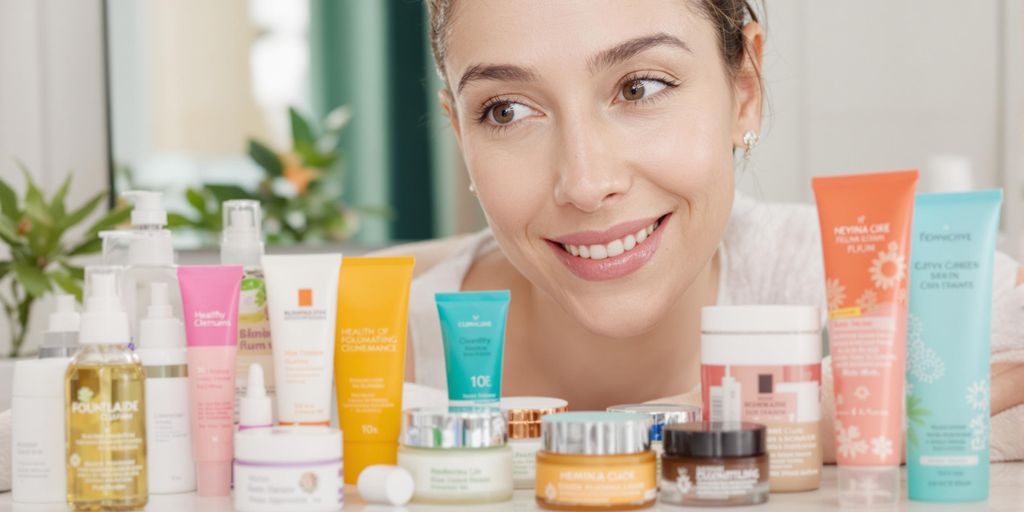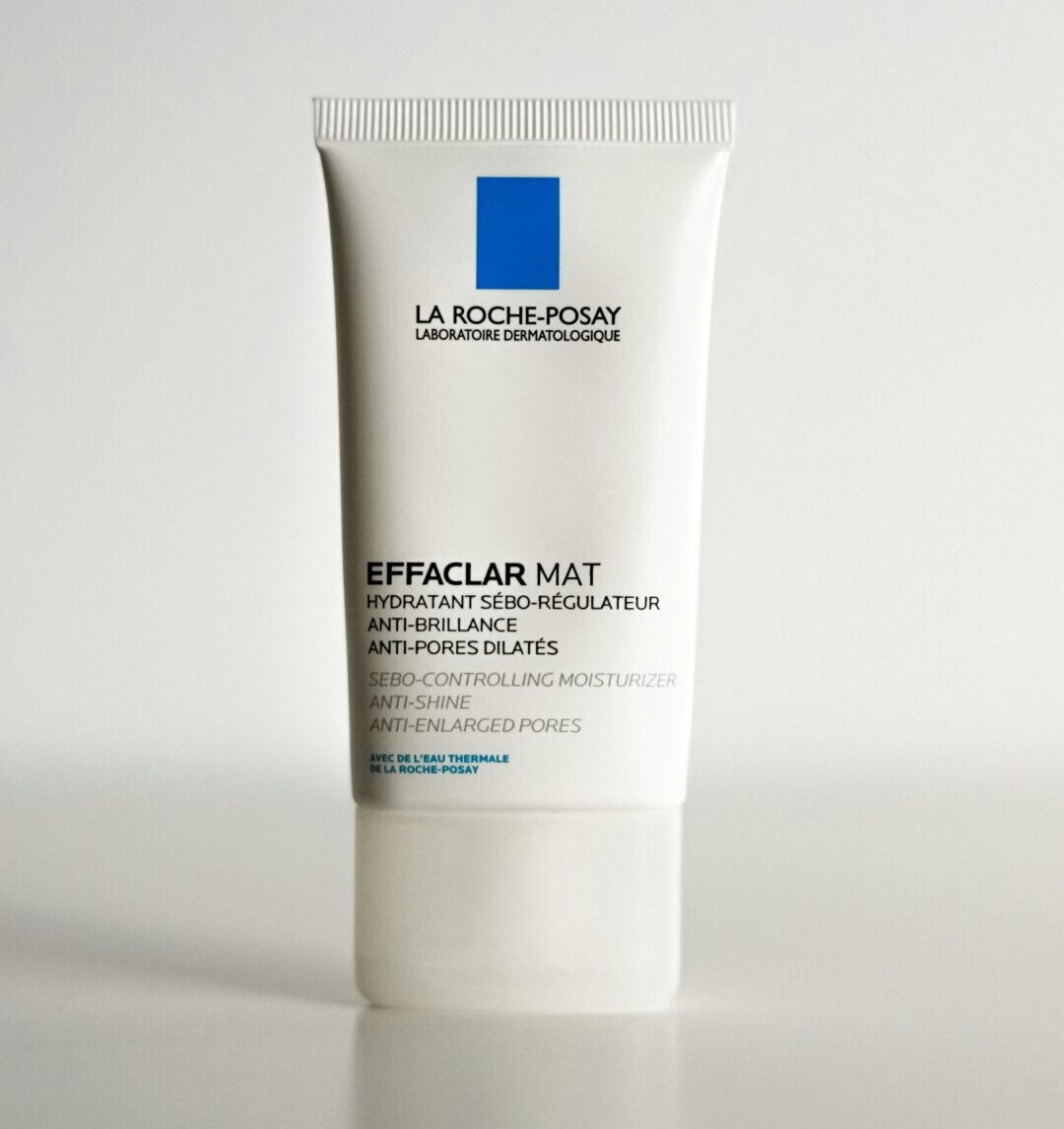The question of whether you need a retinol body lotion has become increasingly relevant this year, with the rising popularity of body care products that function as skincare items. This becomes more evident with the regular release of body lotions and serums containing potent ingredients like lactic acid, niacinamide, and vitamin C, designed to address skin problems beyond basic moisturizing.
A well-known and highly effective skin-care ingredient – retinoid, was sure to feature in this trend. Retinoids firm the skin, smooth out wrinkles, and reduce hyperpigmentation. They are efficient solutions to skin issues often encountered on the body. The natural question that arises is how retinoids would impact the skin on the body and should everyone be using them?
In their effort to demystify this subject, three experts were consulted— a dermatologist and two cosmetic chemists— to explore the pros, possible cons, and factors to consider when choosing a body retinoid product.
Retinoids function similarly on the body as they do on the face. They exfoliate, plump, and smooth out skin by promoting cell regeneration. A dermatologist, Dr. Mina Amin, considers retinol as the go-to solution for hyperpigmentation, sunspots, wrinkles, and stretch marks. Retinoids also enhance elastin production and increase collagen for firmer, less crepey skin.
This elastin and collagen-boosting properties distinguish a retinol body lotion from other conventional exfoliating lotions or serums. With more than just skin-smoothing and clearing benefits, these retinol body lotions can explain a slightly higher price tag than an acid body lotion. However, bear in mind that it takes significantly longer to see results with retinol (as long as eight weeks in some cases) compared to the instant gratification some exfoliants offer.
Over-the-counter body lotions typically contain 0.03 to 0.1 percent retinol, a significantly wide range. However, if you’re new to body retinoids, starting with a lower percentage is advisable. Valerie George, a cosmetic chemist, suggests consistent daily use of a low-dose product. Both George and another cosmetic chemist, Dr. Julian Sass, emphasizes that regularity of use is crucial to achieving desired results, more than the product’s percentage. Once your skin adjusts comfortably, you are free to up your dosage.
To minimize irritation and dryness, choose hydrating formulas with ingredients like glycerin and shea butter. Also, go for products with texture and packaging that appeal to you, as a product you enjoy using would foster your consistency in using them.
Being cautious of possible discomfort, even the reduced irritation of a lower dose may cause dryness. It is recommended to do a patch test before applying retinol products, and avoid areas with thin and sensitive skin like the ankles, elbows, and genitals. Other prevention tips include applying on dry skin, layering over regular body lotions for buffer, and starting slowly, applying only twice a week during the night.
As you might know, retinol increases your skin’s UV sensitivity, so using SPF becomes a daily necessity. This means applying sunscreen, not just on your face, but on all parts of your body exposed to the sun. Remember to maintain this application, even in the fall and winter seasons, despite the sun-damage risk being lower. Retinol should also be avoided if you’re pregnant or trying to conceive, due to high doses of vitamin A potentially leading to birth defects.
Using retinol body lotion is recommended if you aim to reduce signs of aging or hyperpigmentation. However, positive results only come with consistent application of both retinol and sunscreen. While this could mean applying a body lotion with SPF almost every day, it is a crucial investment in achieving your skincare goals. On the other hand, if you’re just starting to prevent aging on your body, you can skip body retinoids for now. For preventive care, George recommends avoiding excessive sun exposure, using SPF, and properly moisturizing your skin, which can be achieved with a relatively inexpensive body lotion. As she puts it, “The value’s not necessarily in a product; it’s having a routine and prevention.”





![“Kerassentials Review” : [My Updates Reviews 2024] — Does It Work & Is It Safe? 4 049e8bfe 6112 4c16 aa9b b331dee37d90 “Kerassentials Review” : [My Updates Reviews 2024] — Does It Work & Is It Safe?](https://beautinews.com/wp-content/uploads/2024/10/049e8bfe-6112-4c16-aa9b-b331dee37d90.jpg)